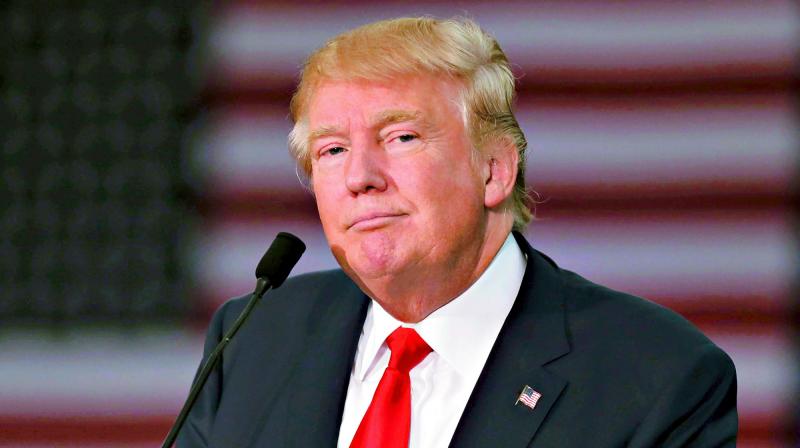Europe opposes US' role as a economic policeman

Hyderabad: Global crude oil prices on Wednesday hit $77 a barrel, a day after US President Donald Trump reimposed sanctions on Iran. While the sanctions could affect other non-oil businesses, the impact could be more pronounced on European companies than US ones because they were quick to invest in Iran after sanctions were lifted in 2015.
Boeing would be the biggest loser with the sanctions affecting its $20-billion worth deals to sell 80 aircraft to IranAir and 30 aircraft to Aseman Airlines. The second most hit would be European aircraft maker Airbus, which stuck a $19-billion deal to supply 100 aircraft to IranAir.
The value of trade between the EU and Iran has soared from $9.2 billion in 2015 to $16.4 billion in 2016 after the deal was signed. In 2017, trade reached $25 billion.
On Tuesday, Mr Trump explicitly warned that he would seek to hit European firms that continued to trade with Tehran — attracting a strong rebuke from European leaders and potentially opening a chasm between the Western alliance partners.
While stating that European countries seek exemptions for existing contracts from the US sanctions, France’s finance minister Bruno Le Maire said: “The international reach of US sanctions makes the US the economic policeman of the planet, and that is not acceptable.”
He said the United States move is going considerable difficulty because of these are “extraterritorial sanctions.”
Total, the French oil and gas company, is one of the companies would be hit. It had signed a $2 billion agreement to help develop Iran’s giant South Pars gas field, together with Chinese state oil company CNPC.
Germany’s Volkswagen is one of major car makers to foray into Iran after sanctions were lifted after a gap of 17 years. The company said it is monitoring the developments in the region.
German foreign minister Heiko Maas, however, expressed his displeasure over the move and warned that the US exit from the Iran agreement would undermine trust in international agreements.

